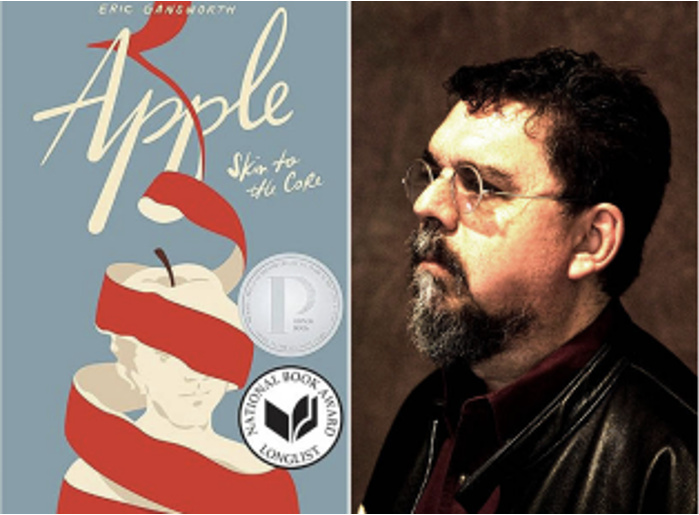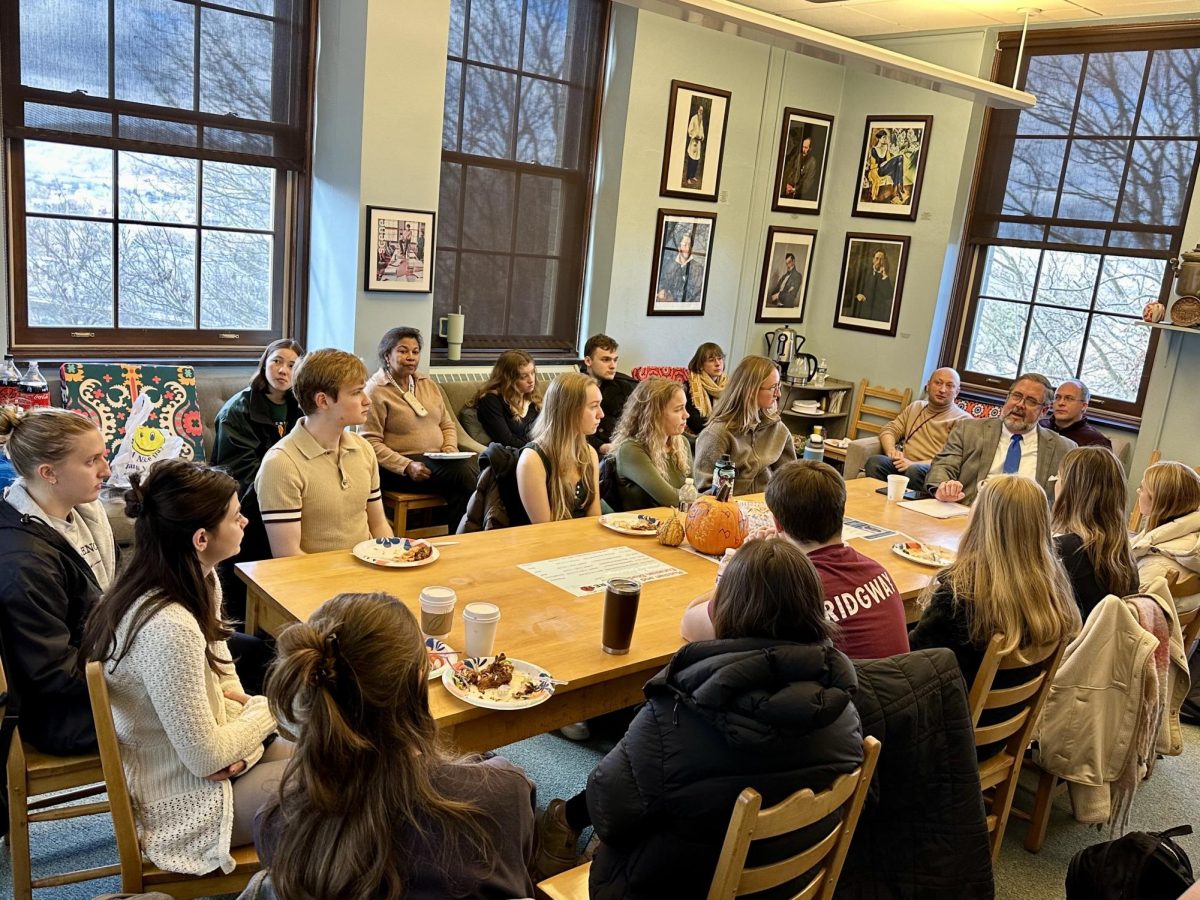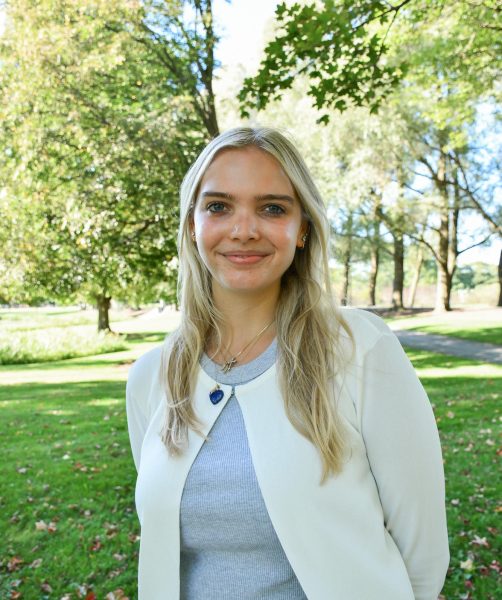Professor of Applied Economics and Management at Cornell University Chris Barrett presented his lecture, titled “Long-Run Effects of Catastrophic Drought Insurance,” on Friday, April 26, as a part of the Colgate University-Hamilton College Economics Seminar Series. The series is conducted through a collaboration of the economics departments at Colgate University and Hamilton College.
The lecture was a presentation on a paper written by Barrett and his colleagues from Cornell, the University of Edinburgh, the Utrecht Institute and the International Livestock Research Institute. Barrett and his team developed an insurance product and measured its effects after introducing it to pastoral communities in Kenya and Ethiopia.
Barrett began the lecture by explaining the present situation of poor, disaster-prone areas and their need for insurance.
“The simple answer is [that] droughts change lives in this part of the world, just as disasters change lives all over the world,” Barrett said. “Droughts, flooding, all these sorts of events are truly transformative to communities. One of the things that’s a defining feature of disasters like droughts, floods or cyclones in poor communities is they commonly have relatively little capacity to collectively insure against that risk […] because everybody suffered the adverse shock together — that’s the sense in which these are covariant natural disaster shocks.”
Barrett then introduced the driving question behind the paper, asking to what extent insurance against these disasters, such as droughts in East Africa, impact long-run household well-being outcomes.
The team began the experiment by gathering a baseline of information in Kenya before introducing index-based livestock insurance (IBIL). Next, randomized households were given discount coupons as an incentive to buy the insurance. The same process was repeated a few years later in the bordering areas of southern Ethiopia. The team then went back 10 years later and interviewed the same households and collected data.
David Murphy, an assistant professor in the department of economics at Colgate, attended the lecture and thought that their experiment was successful.
“I’ve been familiar with this catastrophic drought insurance for some time, since it was first implemented more than 10 years ago and was really the first effective insurance for pastoralists in developing countries,” Murphy said. “The results that Barrett presented did not disappoint.”
Murphy went on to explain how the results of the experiment were meaningful and useful.
“Of particular interest was the positive impact on educational attainment, which was caused by the insurance program initiating changes in herd composition; as households shifted from herding smaller to larger animals, children, who mainly take care of small animals, had the opportunity to go to school,” Murphy said. “This positive and unforeseen impact of the program shows how valuable it is to look at long-run results of programs and further illustrates the benefits of insurance programs like this one in developing countries.”
Sophomore Grace DelNegro also attended the lecture and shared that she found both the lecture and the experiment’s findings engaging.
“The lecture was very interesting and detailed,” DelNegro said. “The amount of research and effort [that had] gone into the study was evident both in the findings and [in] Barrett’s ability to answer any follow-up questions that came his way.”
Though the study found no effects on wealth, which is mainly determined by herd size and cash income in these communities, they found an increase in children entering and staying in school.
“This is, we think, the first long-run study of the impact of insurance against catastrophic risk,” Barrett said. “It offers a nice mirror image to all those studies that say cyclones, droughts [and] floods hit and kids suffer as human capital loss perpetuates and carries forward into their adulthood. We’re finding insurance has a protective effect.”
Barrett’s lecture concluded the Colgate University-Hamilton College seminar series for the semester.














